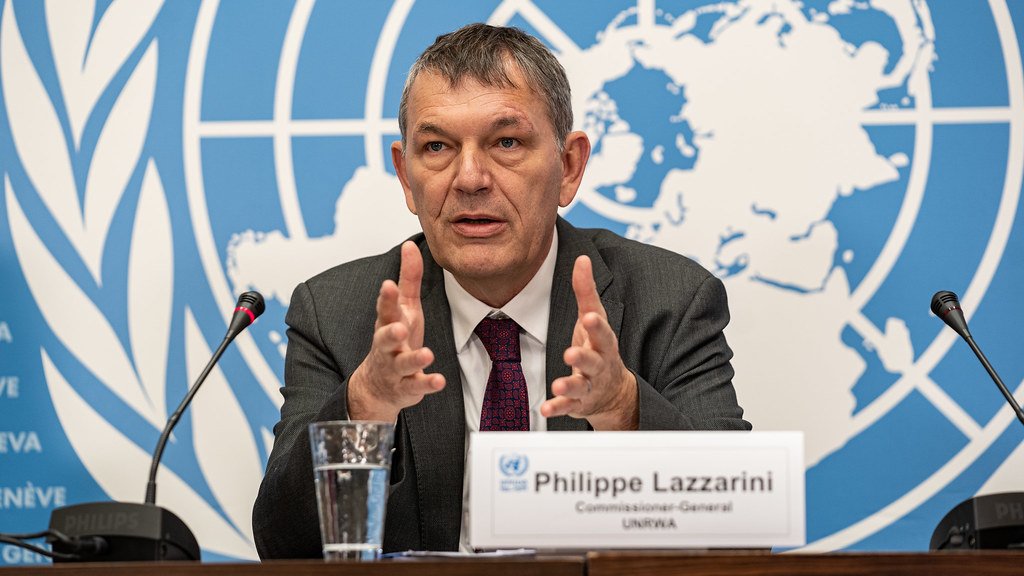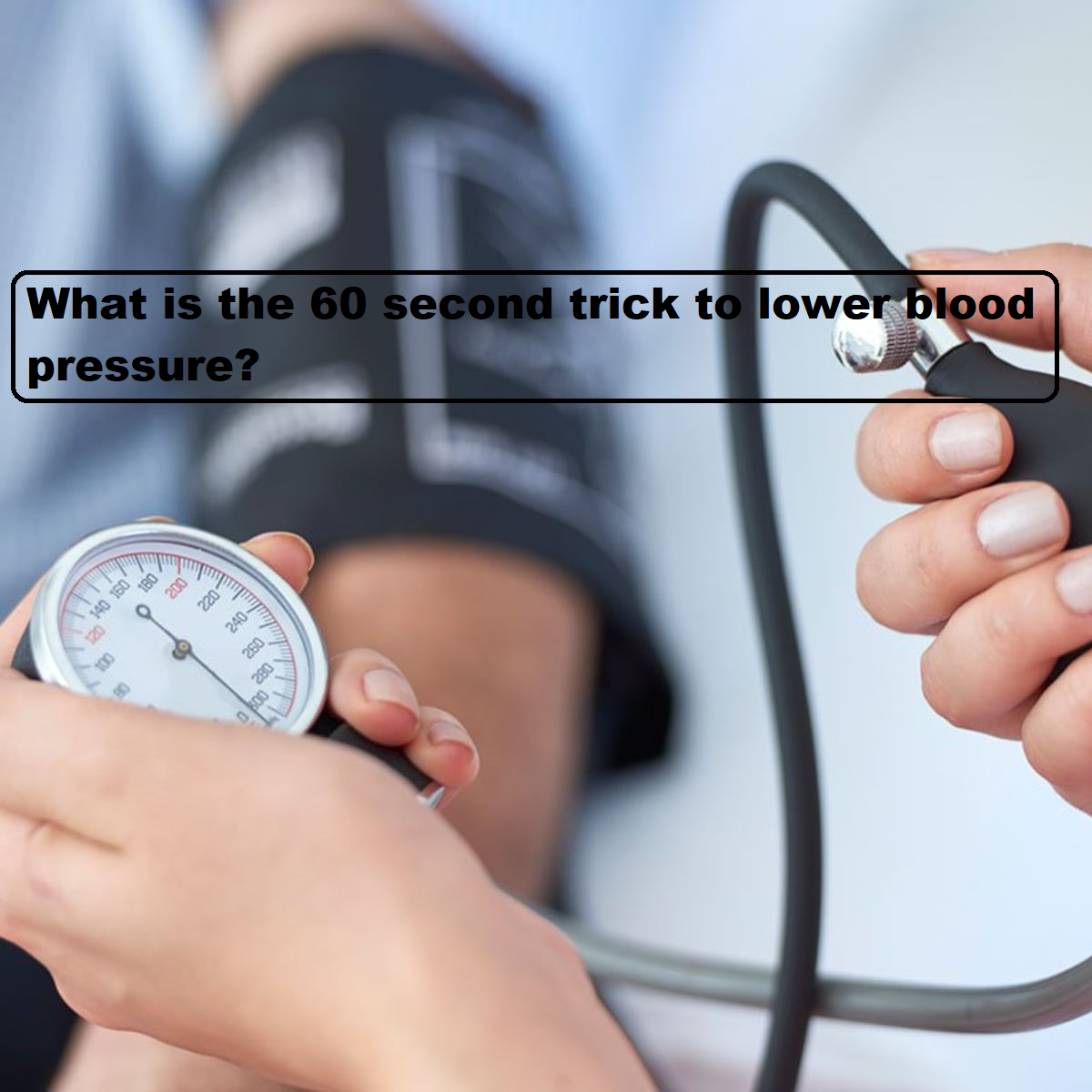May 13, 2025 | By BlogHear News Team
As war rages on in Gaza, international concern continues to grow over what humanitarian officials describe as a spiraling catastrophe. With more than 200 journalists killed, foreign media remain locked out of the territory, forced to rely on aid organizations for information on the humanitarian situation.
Civilians in Gaza are facing what aid groups have labeled “an overwhelming daily struggle to survive,” according to Pascal Hundt of the International Committee of the Red Cross. He cited the ongoing hostilities, relentless displacement, and restricted access to food and medicine as the main drivers of suffering, calling for immediate de-escalation.
However, that de-escalation remains elusive. On March 18, Israel resumed its military campaign after a two-month ceasefire collapsed. Humanitarian aid deliveries were halted, and Israel intensified airstrikes across the region. The offensive, reportedly supported by ultra-nationalist members of Prime Minister Benjamin Netanyahu’s coalition, includes plans for further displacement of Gaza’s population—many of whom have already fled their homes multiple times.
Mounting Starvation and the “Weaponisation of Aid”
Philippe Lazzarini, commissioner-general of UNRWA, warned during a recent interview in London that the population of Gaza is now caught in an accelerating humanitarian disaster. “Starvation is spreading,” he said. “This is the weaponisation of humanitarian aid.”
Independent data from the Integrated Food Security Phase Classification (IPC) confirms Gaza is close to famine. The IPC’s latest report reveals that the entire population—more than two million people—is facing acute food insecurity. Of those, around 470,000 people, including 71,000 children and over 17,000 mothers, are in “Phase 5 – catastrophe,” which implies imminent risk of death due to starvation and malnutrition.
Thousands of tons of aid sit undelivered just across the border in Egypt, while international organizations reject Israeli assertions that Hamas diverts supplies. A proposed distribution scheme involving private firms protected by Israeli forces has also been rejected by aid groups, who argue it would compromise neutrality and safety.
Genocide Allegations and Political Fallout
When asked if the conditions could amount to genocide, Lazzarini did not dismiss the possibility. “There is absolutely no doubt that we are talking about massive atrocities. Genocide? It could end up to genocide. There are many elements which could go in this direction,” he said.
Israel maintains that the blockade is a legitimate tool of war, aimed at pressuring Hamas to release hostages. National Security Minister Itamar Ben-Gvir stated that stopping aid was essential to “get Hamas on its knees.” However, hostage families and military reservists within Israel have criticized the government for prioritizing military goals over the safe return of captives.
Prime Minister Netanyahu has also faced backlash from international legal bodies. The International Criminal Court (ICC) recently issued arrest warrants for him and his former defense minister on war crimes charges. The Israeli government vehemently denies the accusations and has called them politically motivated.
UNRWA Under Scrutiny
Israel continues to accuse UNRWA of harboring ties to Hamas, alleging that some staff participated in the October 7, 2023 attacks that killed around 1,200 people and led to 251 hostages being taken. Lazzarini confirmed that 19 staff were investigated, with nine potentially facing disciplinary action. He says the agency continues to request verifiable evidence from Israel, but none has been provided.
What Lies Ahead
Despite ongoing devastation, Netanyahu is expected to launch a renewed offensive after U.S. President Donald Trump concludes his visit to Gulf nations this week. Reports suggest plans to force Gazans into even smaller zones of the already devastated south, especially around Rafah.
Philippe Lazzarini warned that history will judge current inaction harshly: “We have under our watch let a massive atrocity unfold.”
As the war escalates and aid remains blocked, fears grow that more Palestinians will die not from bombs, but from hunger—a humanitarian crisis with no clear end in sight.
For more global news, in-depth analysis, and human rights coverage, visit BlogHear.com—your trusted voice in independent journalism.




